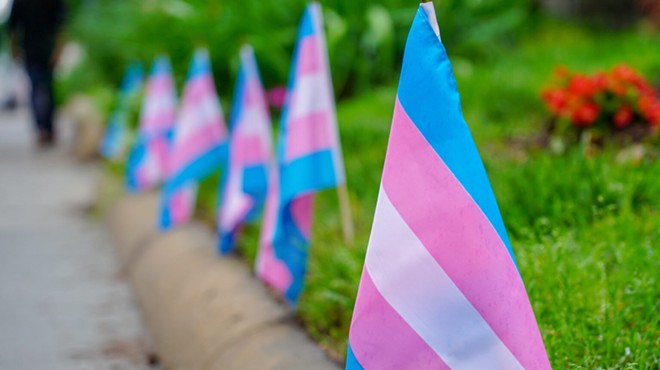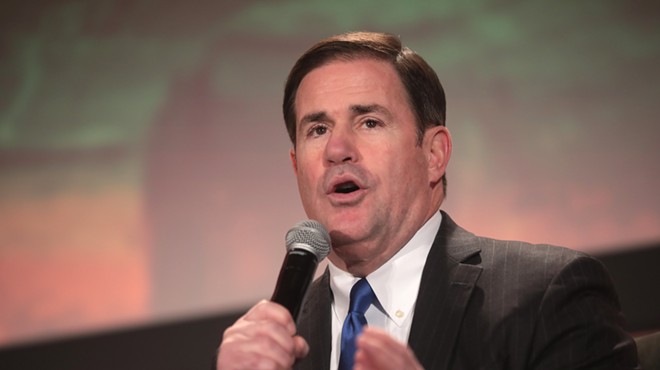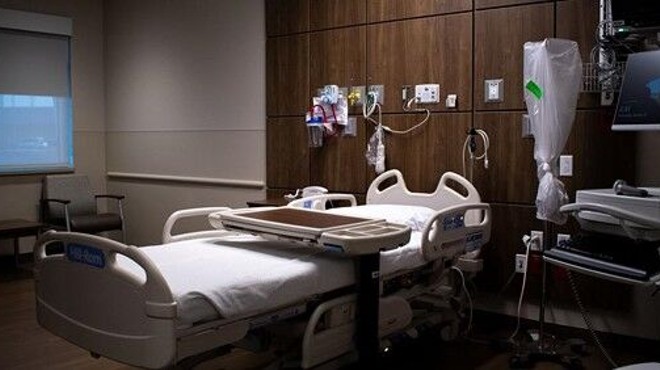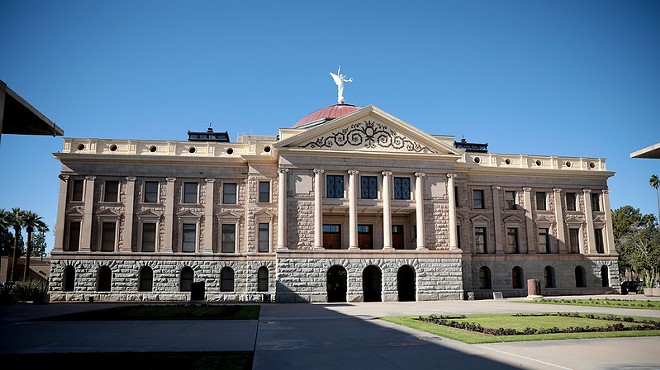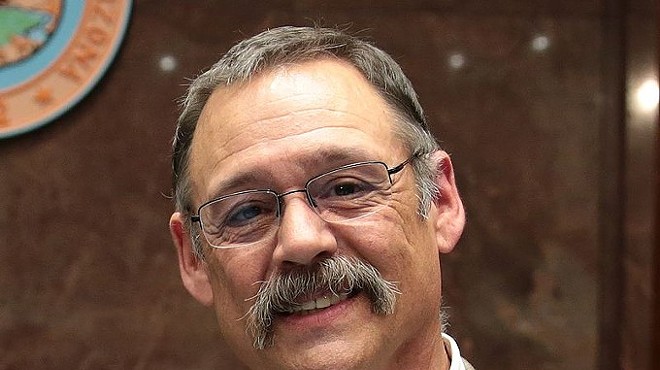Wednesday, October 28, 2015
Criminalizing Student Behavior, South Carolina Edition
Many of you have already watched the videos of a South Carolina high school resource officer knocking a female student out of her chair and dragging her across the classroom. From what we know, the student was texting on her cell phone and refused to stop when the teacher told her to, then refused the teacher's order to leave the room. The vice principal was called in, and the resource officer either came with him or followed soon after. The girl didn't move from her desk or appear to be a physical threat to anyone when she was slammed to the ground. She was arrested, along with another student who stood up and loudly protested the officer's actions from across the room.
Unless there was some kind of physical threat we don't know about, the officer's actions were totally unacceptable. Most people agree, including the mayor as well as representatives of the school district and the police force. But one part of the story hasn't been addressed adequately, and it demands more attention. The officer was called into the room to act as a "bouncer," probably by the vice principal, and he and the teacher stood by and watched as the officer assaulted the girl.
Blame the officer, absolutely. Fire him, absolutely. Then take a very close look at the teacher, the vice principal and the disciplinary culture of the school. The moment captured on tape and the arrests that followed are classic examples of the criminalization of our schools. A relatively minor disciplinary offense—a student disobeying an order from her teacher—escalated into a violent confrontation with a police officer and an encounter with the criminal justice system. Two students were unnecessarily thrown into the school-to-prison pipeline. And while the officer was wildly out of line, I put the primary blame on the vice principal and possibly (though not necessarily) the teacher. It was their school. They had a responsibility to protect their students from harm whenever possible, and they failed to do so.
The officer should not have been brought into the classroom. At most—at the very most—the vice principal should have stationed the officer outside the classroom in case the incident in the room turned violent. The girl's misbehavior, her refusal to obey a teacher's order, was a garden variety school incident, and it should have been taken care of using the school's disciplinary procedures. Things might have gotten messy—it's possible they could have escalated to violence—but the job of the teacher and administrator was to do everything they could to de-escalate the situation. Instead, they let a cop take over as they stood back and watched. The situation was allowed to go from a case of schoolroom misbehavior into one of those traffic stops turned bad we've watched on too many recent videos.
Add the cop's behavior to the too-long list of incidents of police overreacting to a situation. But also realize that the school's encouragement of police action in a situation that called for in-house disciplinary procedures belongs in a less publicized but growing list of school incidents where students are treated like potential criminals. Every school with its own resource officer should view this as a cautionary tale. The officer has to be carefully vetted, then trained to use violence and arrest only as a last resort, and the school's staff has to be vigilant against using police action and criminal procedure as a substitute for reasonable disciplinary action.




